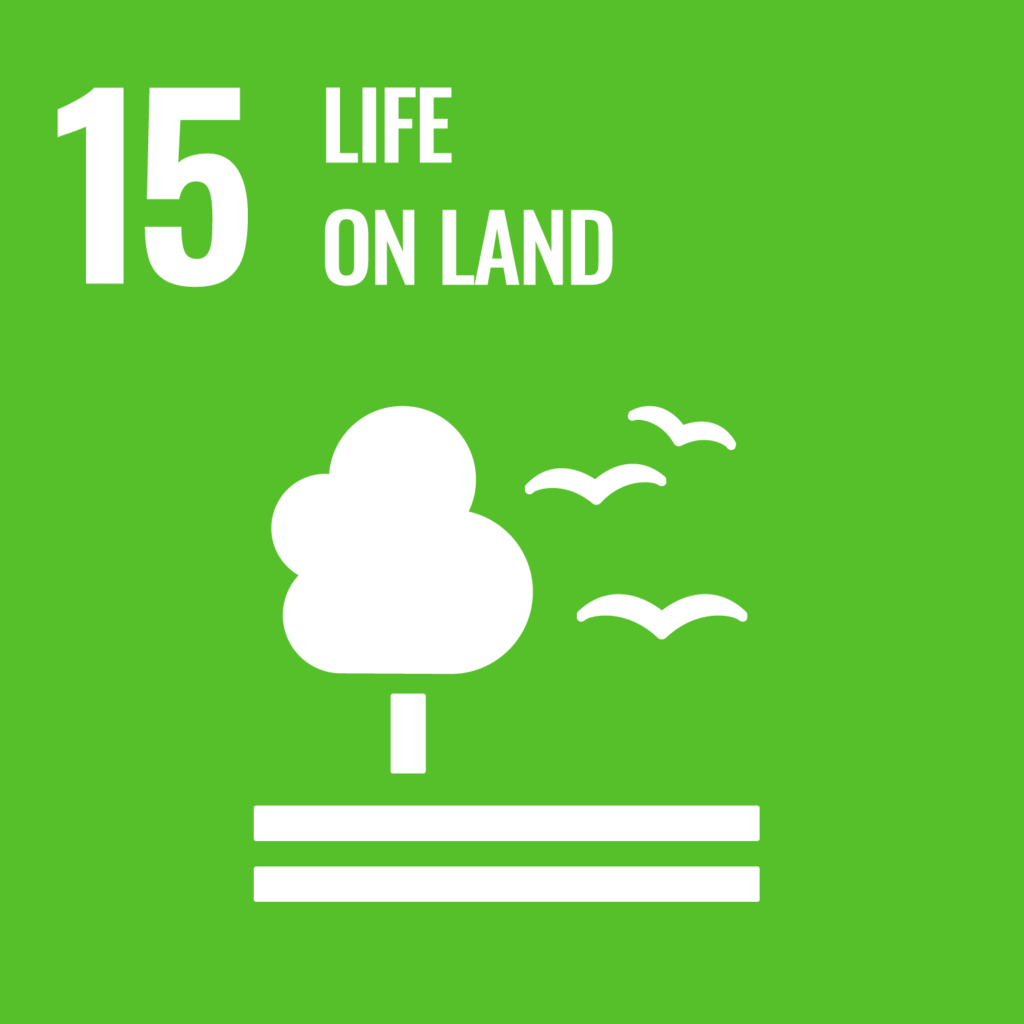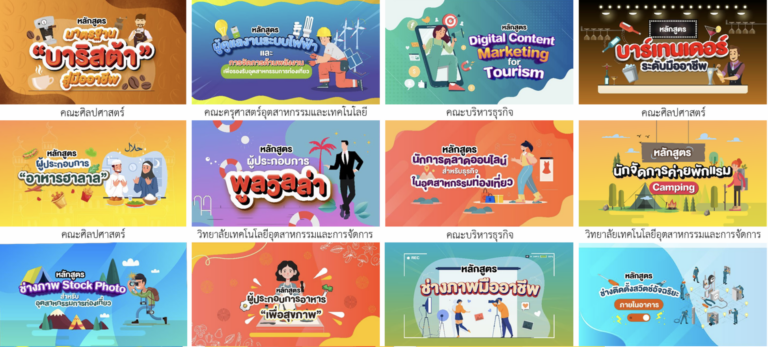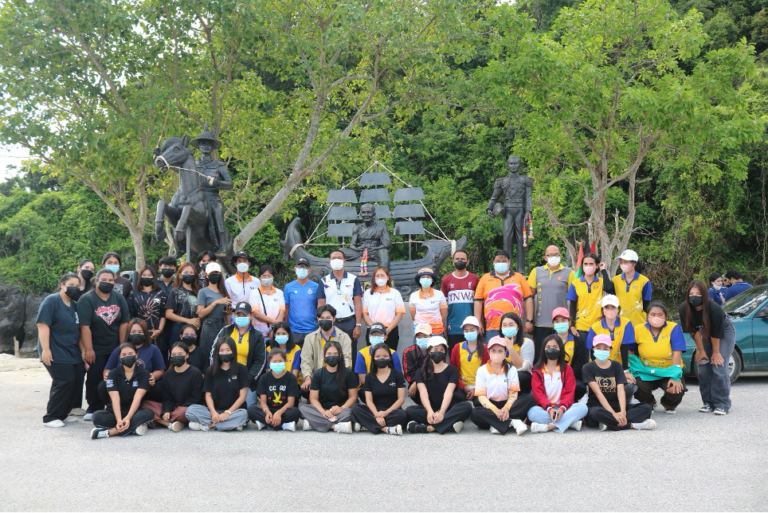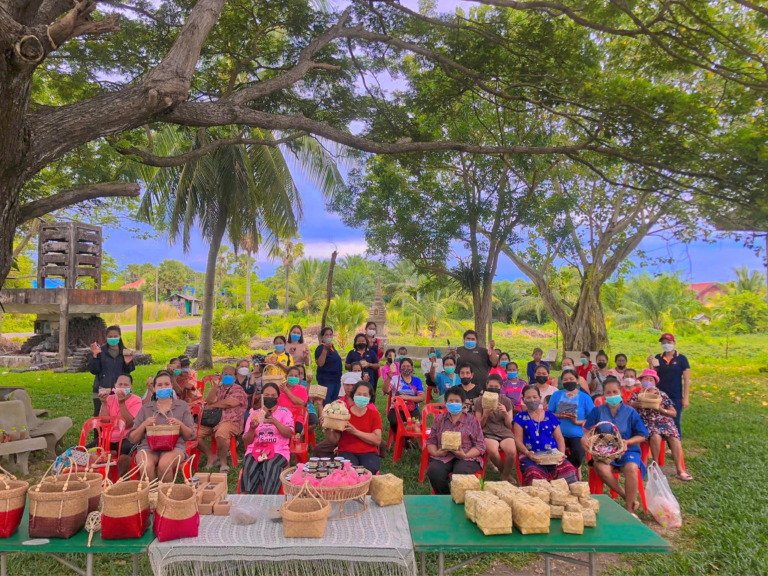Reporters : Assoc.Prof.Dr. Pornsil Seephueak
Asst.Prof.Dr. Prapot Maliwan
Assoc.Prof.Dr. Pornsil Seephueak
Asst.Prof.Dr. Nion Chirapongsathonkul
Dr. Worawitoo Meesook
Evidence Date: January 21, 2022
Indicator : 15.2.2
Related SDGs:

The animal science curriculum provides students with a thorough exploration of multiple aspects related to poultry production. Students delve into various practices within the poultry industry, encompassing tasks such as administering vaccinations to protect birds from diseases, supplying vitamin supplements to optimize their health, maintaining cleanliness in chicken coops to meet stringent hygiene standards, and overseeing the marketing and sale of poultry products. This well-rounded approach ensures that students not only comprehend the science behind poultry production but also acquire practical skills needed to succeed in the field. This education equips them to be knowledgeable and skilled professionals in the poultry industry.



To better prepare students for their future careers, they receive a comprehensive education that combines theoretical knowledge and practical skills in both poultry husbandry and business management. By gaining proficiency in both these areas, students are better equipped to excel in their chosen poultry-related professions and make informed decisions that benefit both their enterprises and the poultry industry as a whole.

Fig 3. Retired laying hens are sold for 80 baht each.

Related Links:



